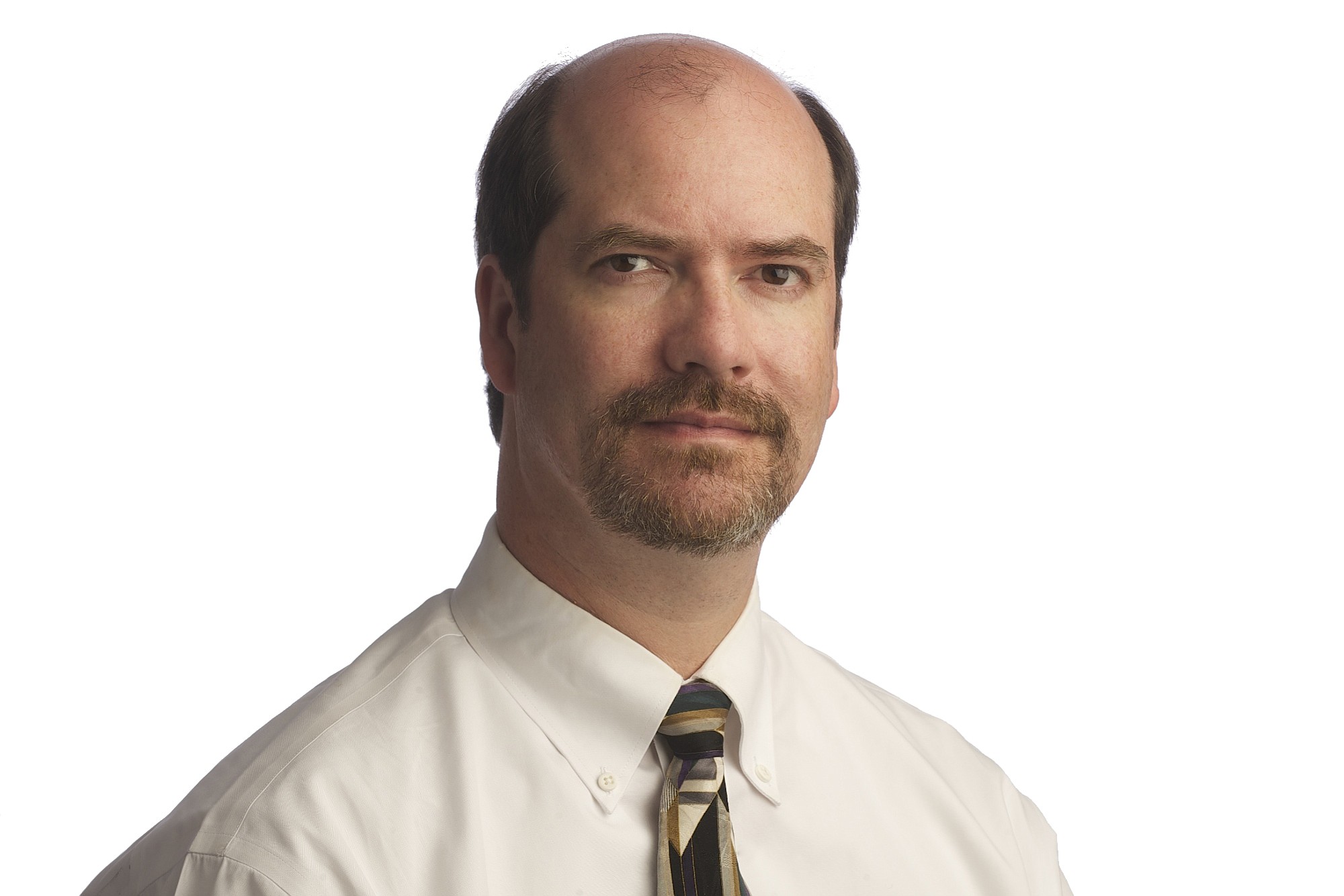As somebody who typically can see the gray in any black-and-white situation, there aren’t a lot of things I say with absolute certitude. This is one of them: “American Experience” is the best show on television.
Now, you might disagree, and we might argue, and in the end neither of us will change our mind. But I’ll still be right.
Anyway, the latest installment in the PBS documentary series aired last week. It was called “1964” and, as you might imagine, it was about the year 1964. That was the year of The Beatles, and the Civil Rights Act, and The War on Poverty, and The Great Society, and Johnson vs. Goldwater, and Cassius Clay becoming Muhammad Ali — both in name and cultural significance.
And while each of those examples created ripples that still reverberate today, something about the documentary resonated in a surprising fashion: “1964” wasn’t a time capsule, it was a mirror. It was a reflection of many of the arguments and many of the political battles that dot today’s landscape.
“For the young conservatives, LBJ was over the top; it was terrifying,” recalls conservative activist Richard A. Viguerie. “We felt we could see our world slipping away from us. We wanted to change that.”
Or, as historian Lee Edwards recalls, “Johnson was going to do away with poverty, he was going to educate everybody, everybody was going to have a house, everybody was going to have a TV set. And, of course, the price tag for all of this was going to be billions and billions of dollars.”
If that doesn’t sound familiar, then you haven’t been listening to the echo chamber conservatives have inhabited for the past five years. Some day, I’m guessing, the grandchildren of 1960s conservatives will be trotted out for a documentary to talk about how terrifying Barack Obama was to them.
In 1964, the response was to enlist Arizona Sen. Barry Goldwater to run for president. “We wanted a real conservative who would stand up for real American and conservative principles,” activist Phyllis Schlafly recalls.
You know, things such as limited government, individual freedom, free enterprise, and strong national defense. “Those were not only conservative ideas, those were American ideas,” Edwards says. Yes they were, and they are. And the debate within the Republican party is still being held today between the Tea Party and “establishment” Republicans. But for those who insist that the modern party needs to become more conservative, 1964 offers an abject lesson: Johnson retained the presidency with 61.1 percent of the vote.
Powers of persuasion
Yet that isn’t the only portrait from 1964 that encapsulates the modern political landscape. Also of interest was Johnson’s ability to push the Civil Rights Act through Congress. As author Rick Perlstein says, Johnson had an “unbelievable power to sway legislators. He had this politician’s gift for knowing exactly what each person he was trying to persuade’s vulnerabilities were, and it would hit them like a jack-hammer.”
Johnson, through 12 years in the House and 12 years in the Senate prior to becoming vice president, had developed a legendary ability to cajole and prod fellow lawmakers to get what he wanted. Did you ever wonder why NASA is nonsensically located in Houston? It’s because of the Texas native’s powers of persuasion.
So, while “1964” was detailing Johnson’s ability to twist arms, showing a series of pictures with him in the face of some overmatched legislator, I thought about Obama and his lack of persuasiveness.
When Obama first ran for president, I thought it was pretentious for somebody with scant legislative experience to seek the office. Soaring rhetoric is one thing; political acumen is quite another.
So, yes, 1964 remains more relevant than I could have imagined. As Perlstein said: “The left and right were ready to kill each other over the meaning of the same word — freedom.” Some things never change.




